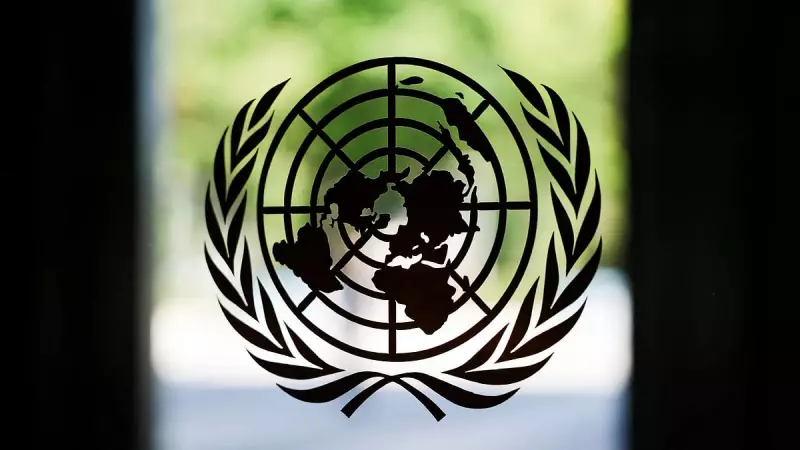
In an era of increasing global challenges, questions often arise about the effectiveness of international institutions. However, when it comes to championing the rights and inclusion of persons with disabilities, the United Nations has not only remained relevant but has become a powerful catalyst for change.
The UN's Strategic Shift Towards Inclusion
The traditional view of disability focused narrowly on medical assistance and welfare. The UN has been instrumental in orchestrating a paradigm shift, moving the global conversation toward recognizing disability as a fundamental human rights issue. This transformation is largely powered by the Convention on the Rights of Persons with Disabilities (CRPD), a landmark international treaty that has been ratified by a vast majority of countries.
The CRPD is more than just a document; it's a binding framework that compels nations to dismantle barriers and create inclusive societies. It ensures that persons with disabilities are not passive recipients of charity but active participants in development, with equal rights and opportunities.
Mainstreaming Disability in Global Goals
The UN's most significant achievement in recent years has been its success in weaving disability inclusion directly into the fabric of the Sustainable Development Goals (SDGs). Unlike their predecessors, the Millennium Development Goals, the SDGs explicitly mention persons with disabilities in multiple targets related to education, employment, and inequality.
This strategic integration means that every time a country works towards poverty reduction, quality education, or decent work, it is now obligated to consider the needs and rights of its disabled citizens. The UN acts as the global auditor, monitoring progress and holding nations accountable for these commitments.
From Policy to Practice: The UN's On-Ground Impact
The organization's work extends far beyond conference rooms in New York and Geneva. Across the globe, various UN agencies are implementing programs that translate policy into tangible change:
- UNICEF works to create inclusive education systems where children with disabilities can learn alongside their peers.
- UNDP promotes accessible infrastructure and inclusive livelihood opportunities.
- WHO focuses on strengthening disability-inclusive health services.
Furthermore, the UN promotes the powerful principle of 'Nothing About Us Without Us'. It actively facilitates the participation of persons with disabilities and their representative organizations in all decision-making processes, ensuring that policies are shaped by those who are most affected by them.
A Continuous Journey, Not a Destination
Despite this significant progress, immense challenges remain. Deep-seated stigma, inaccessible infrastructure, and persistent gaps in legal protection are still a reality for millions. The COVID-19 pandemic, in particular, exposed and exacerbated these existing inequalities.
The path forward requires sustained effort, increased funding, and unwavering political will. The United Nations, with its unique convening power and normative authority, remains the most capable vessel to steer this global mission. It continues to prove that it is unequivocally fit for the purpose of building a world where development truly leaves no one behind.





